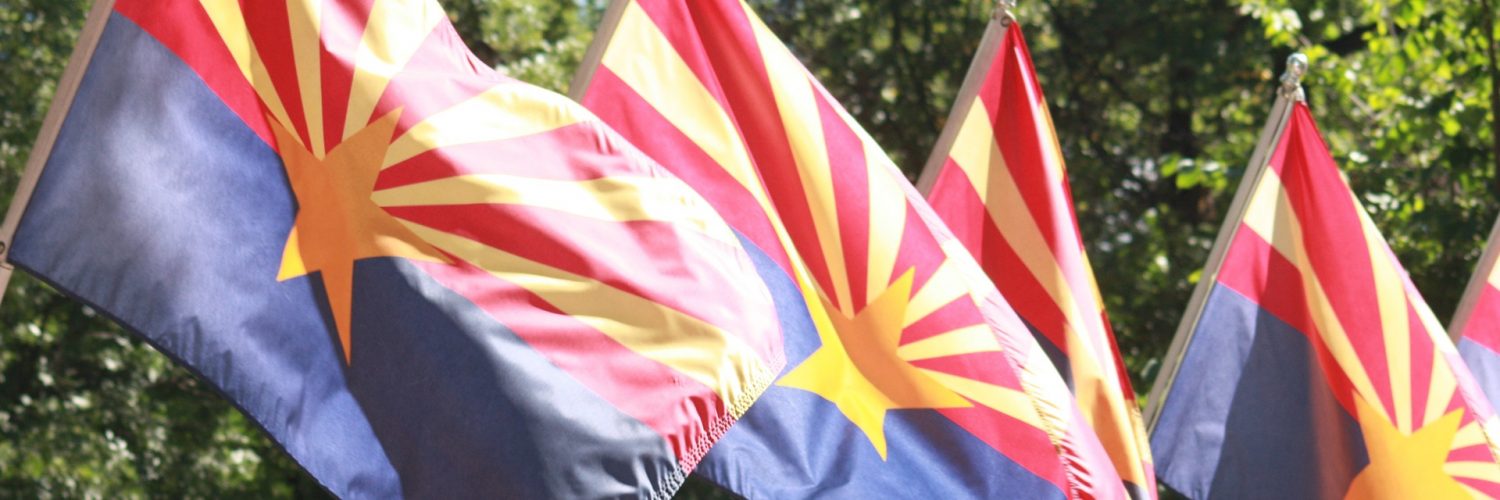At the time of the state’s founding, the writers of the state constitution wanted to give power to the people. To carry this out, the founders developed the ballot initiative process, which would allow citizens to create their own legislative proposals that would appear in the next election if they meet all requirements.
For decades, the process performed almost perfectly; initiatives were primarily in-state interests, and they passed all requirements without entering any gray areas. However, over time, states and governments go through natural changes, so the process has faced hurdles for which the founders didn’t account.
In fact, even at the time of the state’s founding, initiative processes were a relatively new concept.
“Having an initiative process didn’t become more of a concept until the late 19th Century,” says Arizona Free Enterprise Club President Scot Mussi. “States were coming into statehood and there wasn’t this uniform model. After this was adopted and people started realizing the pros and cons of this initiative process, states started making changes to the initiative process.”
The 24 states that support ballot initiatives have varying levels of difficulty for their signature-collection and court approval processes. For example, some states require petition signatures to be gathered from across the state, and states differ on the number of signatures that must be collected. Such requirements can help combat out-of-state interest groups from running their own ballot initiatives and intruding in other states’ legal processes.
Arizona has its own unique signature gathering and petition circulation requirements.
“These are all possibilities that are helping to limit the massive out-of-state groups that helicopter into Arizona come election-time,” explains Arizona Chamber of Commerce Public Affairs Director Mara Mellstrom. “It’s really to combat wealthy, out-of-state interests that seek to win by the ballot. They’ll overwhelm the Secretary of State’s Office and submit signatures when there’s not physically enough time to check their validity. This is a process that can be taken advantage of, and the people that can take advantage of it can do so because they have a lot of money to do it.”
Senate bill 1451 furthers the fight against election fraud, especially surrounding petition circulators. More specifically, it tightens the criteria to apply and be approved to be a paid circulator, ensuring that no circulators have committed election fraud in the past or have been convicted of fraud, forgery or identity theft.
State. Sen. Vince Leach (R-Saddlebrooke), the bill sponsor, pointed out in the Senate Judiciary Committee that Title 7, Section 12 of the Constitution states, “There shall be enacted registration and other laws to secure the purity of elections and guard against abuses of the elected franchise.” S.B. 1451 does just that by ensuring the strictness and legitimacy of petition practices.
“I cannot tell you how many people in the witness box had not had their full rights restored and had not done restitution and yet were turning in ballots – turning in sheets of candidate signatures,” Leach said, referring to legal challenges to signature validity during last year’s election. “Boxes of signatures were disallowed by the judge because of this situation.”
The business community supports the reforms contained in Sen. Leach’s bill.
“We believe that it should be a secure process, and petition signers should have some level of confidence in the individuals to whom they are sending their personal information,” Arizona Chamber of Commerce and Industry Vice President Garrick Taylor said. “We think it strikes the right balance between the gravity of this process and the needed reforms that the initiative process deserves.”
















Add comment